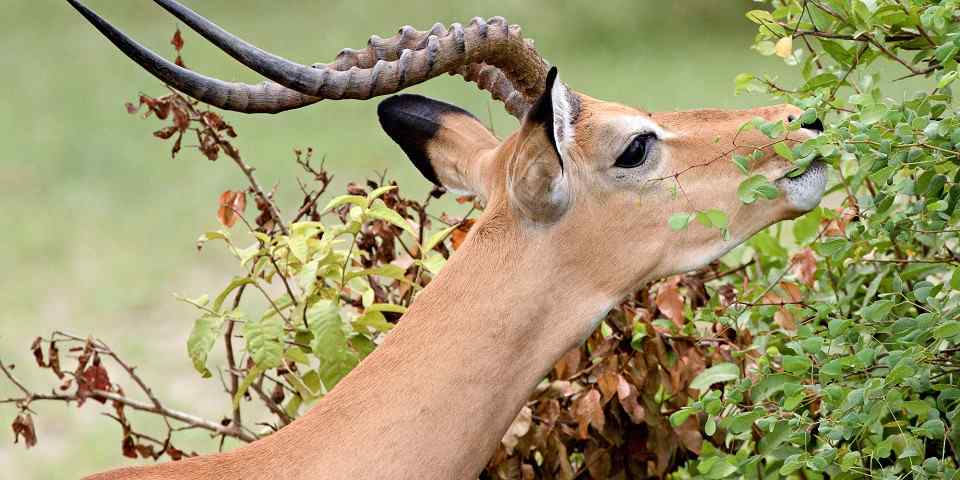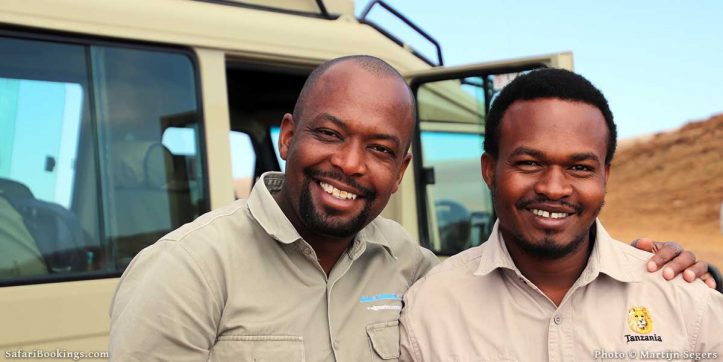
What Makes Great Safari Guides and Why Are They Important?
 By Heather Richardson
By Heather Richardson Heather Richardson is an award-winning travel writer, based in South Africa. She is interested in conservation stories, emerging destinations and adventure travel.
The safari guide is arguably the most important part of the whole safari experience. Get a great guide and you’ll have an incredible time – regardless of the wildlife, the weather or the lodge. Here’s why they are so important.
1. Great Safari Guides Know the Facts
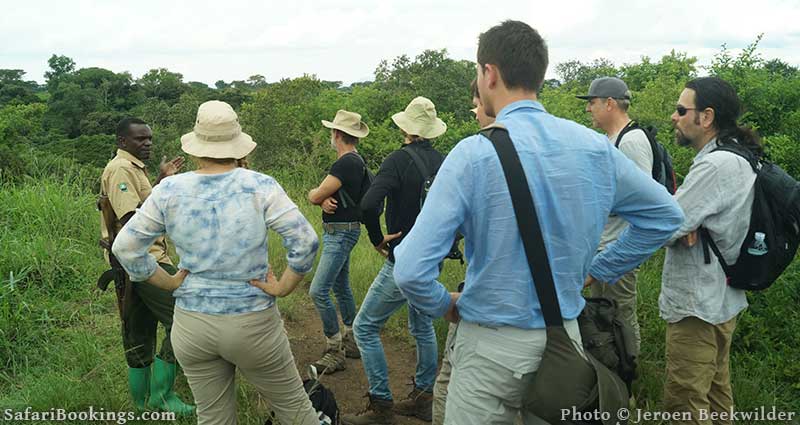
First things first: a great safari guide will fill your head with information. Especially if it’s your first safari, there’s so much to learn and a guide with an encyclopedic knowledge of the bush will be able to answer all your questions – from the obvious to the obscure. Not only this, but they’ll supply the information readily, without waiting for questions.
Crucially, a great guide will also be able to admit when they don’t know – and then find out the answer later; a thirst for knowledge is a big part of being an excellent safari guide.
Beyond the facts and figures, good guides are great storytellers and can bring their wealth of information to life; using real-life examples helps guests to retain knowledge and it’s exciting for them to know what kind of things they might witness for themselves.
2. Great Safari Guides Are Able To Relate to People
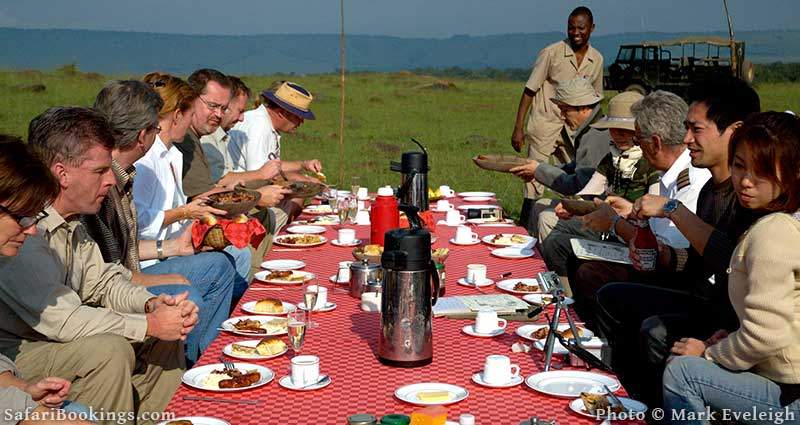
A good guide will have the same skills as a great host or anyone in hospitality: they will be able to read their guests and adapt accordingly.
For example, if guests arrive exhausted after a long journey, a guide will know to not overwhelm them on their first drive, easing the guests into bush life instead. If guests are a little nervous, a guide or ranger should make them feel comfortable and safe, and likewise, if a guest has been on a hundred safaris before, a guide will be able to keep it exciting for them. The most important thing to this end? Communication. The best guides make sure they know what guests want out of their trip: whether they are desperate to see their first lions, fascinated by the smaller creatures, or keen birders.
One of the other perks of having a guide with a good read on people is reducing potential friction between guests. There’s no knowing who you will end up with in a safari vehicle or at a communal dining table – and sometimes personalities clash. Guides are there to quickly alleviate tension before it becomes awkward and, if necessary, subtly reduce the amount of contact guests have with each other.
3. Great Safari Guides Are Great at Making Conversation
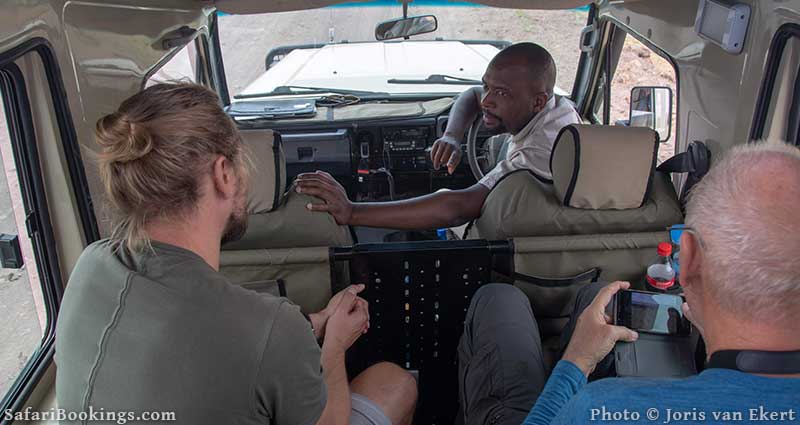
It’s often up to a guide to keep conversation flowing – whether that’s during sundowners (unless of course it’s clear people are happy gazing off into the bush and enjoying the peacefulness) or at dinner. Knowing which topics to pursue is also something an experienced guide will be sensitive to, based on the personalities, ages, cultures, nationalities, etc. of the guests. If politics come up and it’s clear some guests are uncomfortable, it’s up to the guide to skillfully steer the conversation in a different direction.
4. Great Safari Guides Make Sure You Stay Safe
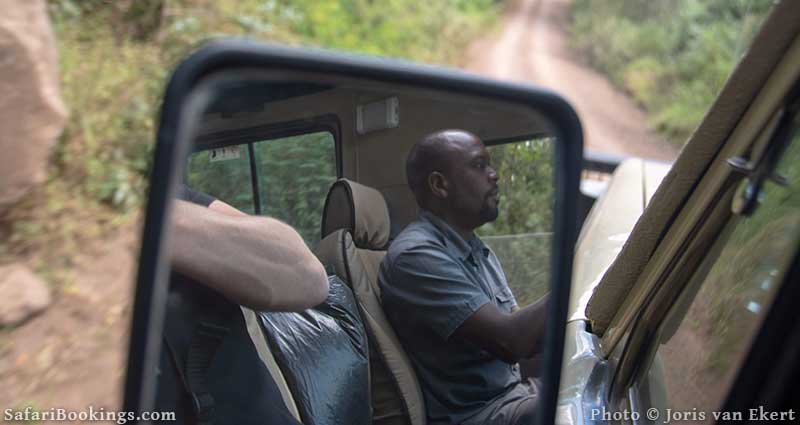
Of course, having a good guide or ranger is not only important for making guests feel safe. A great guide will genuinely keep guests safe by knowing how to interpret animal signals. This is particularly important when on foot, especially if you unexpectedly encounter a potentially aggressive animal, such as a black rhino or buffalo. As well as theoretical knowledge, experience is very important in these situations.
They’ll also know how to drive safely and responsibly, reducing the likelihood of getting stuck – though sometimes it’s unavoidable, even for the best drivers! When it does, at least they’ll know how to quickly fix the problem and not panic guests.
5. Great Safari Guides Make It Interesting Even in Cases of Wildlife No-shows
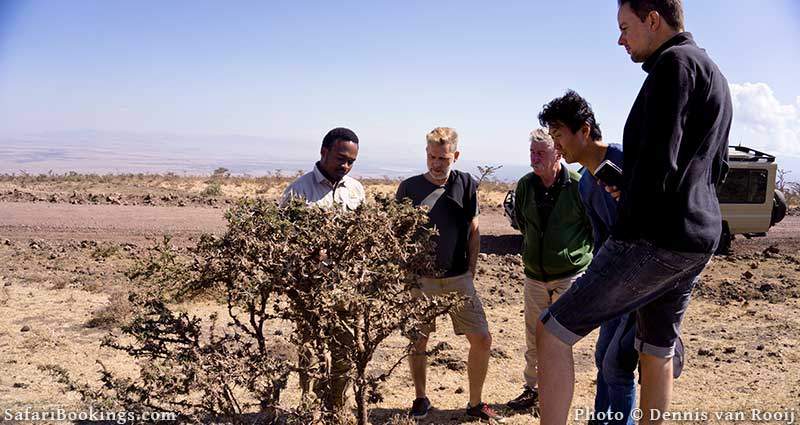
What happens when things just don’t work out? When you can’t find any of the big, iconic animals or when it pours with rain? That’s when a great safari guide really makes all the difference. They’ll switch tack and focus on the small things – how the trees let elephants know it’s time to stop browsing, inside the world of termites, birdlife, chameleons, dung beetles… Guides can keep the bush fascinating when the famous faces miss their cue.
6. Great Safari Guides Manage Expectations
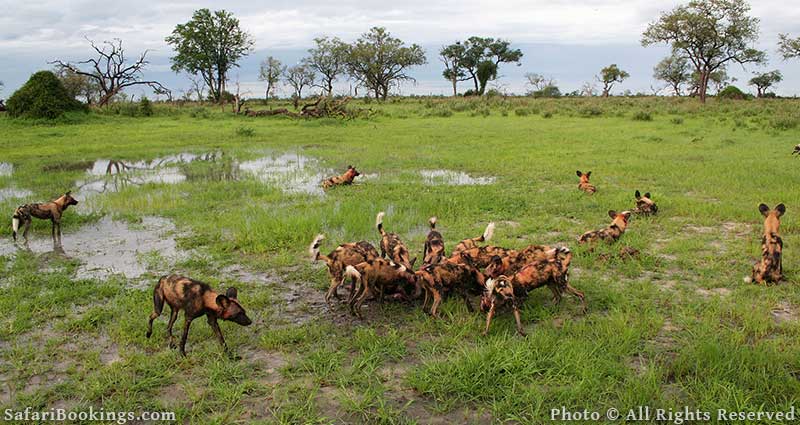
Guides should know better than to tell guests what they might see or what was spotted that morning – there’s too much possibility of disappointment. Instead, a good safari guide will keep expectations reasonably low and promise nothing. That way, guests are thrilled with what they do find and not downcast when they don’t happen across a pack of wild dogs.
7. Great Safari Guides Know How To Keep Young Children Interested
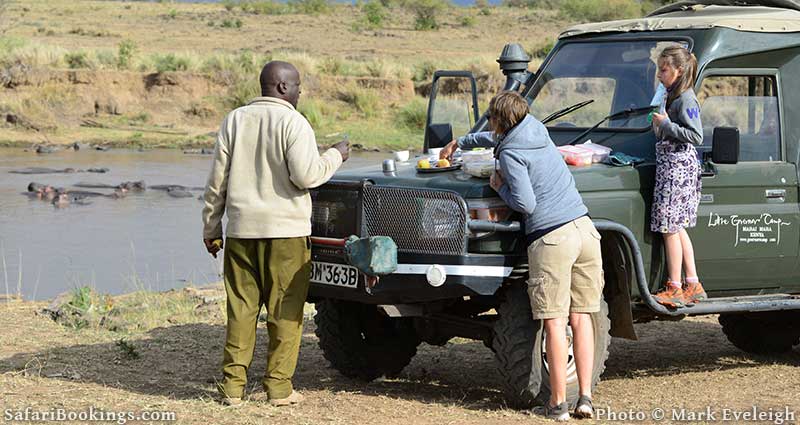
Having young children on safari can be a challenge, but a good safari guide will know how to engage kids of any age – by finding out what interests them, asking questions and running the odd pop quiz on fun animal facts. If all else fails, guides know that kids of a certain age tend to love examining animal poop – and there’s plenty of that on safari!
Want To Go on an African Safari?
Click on the button below to compare African safaris offered by top-rated tour operators.
 By Heather Richardson
By Heather Richardson Heather Richardson is an award-winning travel writer, based in South Africa. She is interested in conservation stories, emerging destinations and adventure travel.
African Safari Tours
-
![4-Day Serengeti, Ngorongoro Crater and Tarangire Fly-in]()
4-Day Serengeti, Ngorongoro Crater and Tarangire Fly-in
$2,180 pp (USD)
Tanzania: Private tour
Mid-range Lodge & Tented CampYou Visit: Zanzibar (Start), Serengeti NP, Ngorongoro Crater, Tarangire NP, Zanzibar (End)

Go Serengeti African Tours
4.9/5 – 474 Reviews
-
![5-Day Northern Parks Tented Safari]()
5-Day Northern Parks Tented Safari
$1,573 to $1,767 pp (USD)
Tanzania: Private tour
Mid-range Lodge & Tented CampYou Visit: Arusha (Start), Tarangire NP, Serengeti NP, Ngorongoro Crater, Lake Manyara NP, Arusha (End)

Shemeji Safari
4.7/5 – 299 Reviews
-
![9-Day Elegant High-End Private Honeymoon Safari]()
9-Day Elegant High-End Private Honeymoon Safari
$5,561 pp (USD)
Tanzania: Private tourLuxuryLodge & Hotel
You Visit: Arusha (Start), Tarangire NP, Serengeti NP, Ngorongoro Highlands, Ngorongoro Crater, Karatu District, Kilimanjaro Airport (End)

Gamedrive Travel Africa Safari Agency
5.0/5 – 685 Reviews



 Subscribe to our newsletter
Subscribe to our newsletter
 Follow us on Instagram
Follow us on Instagram


